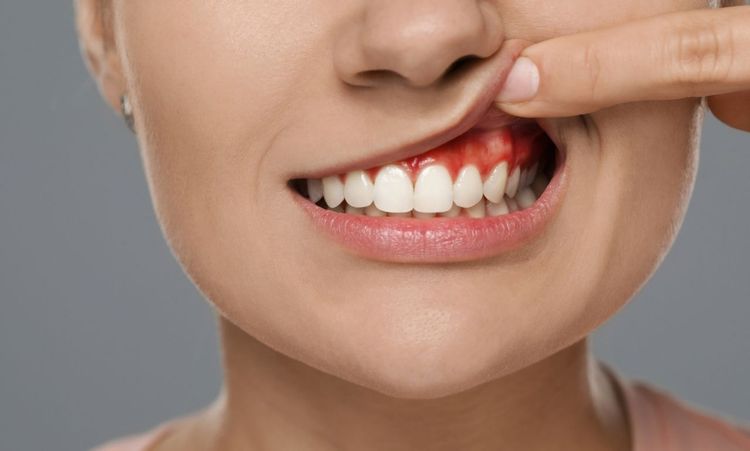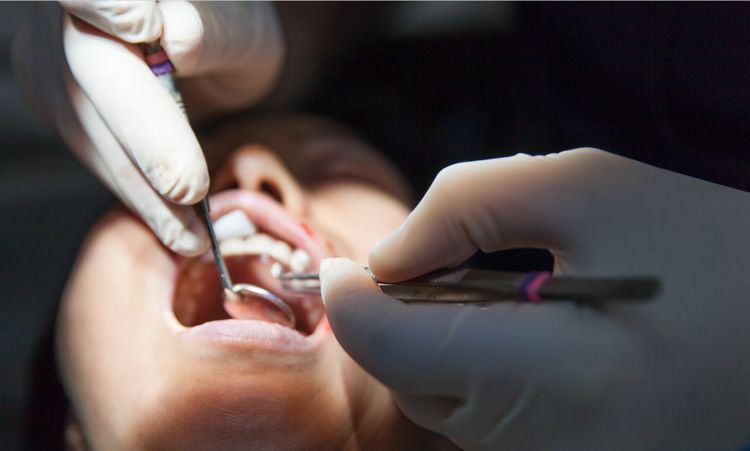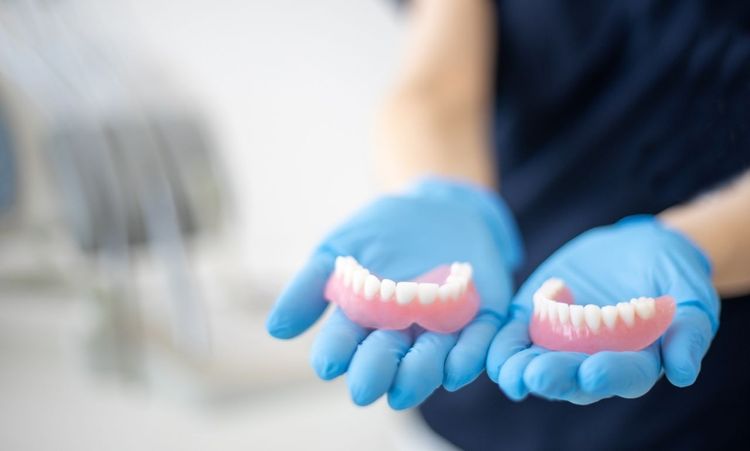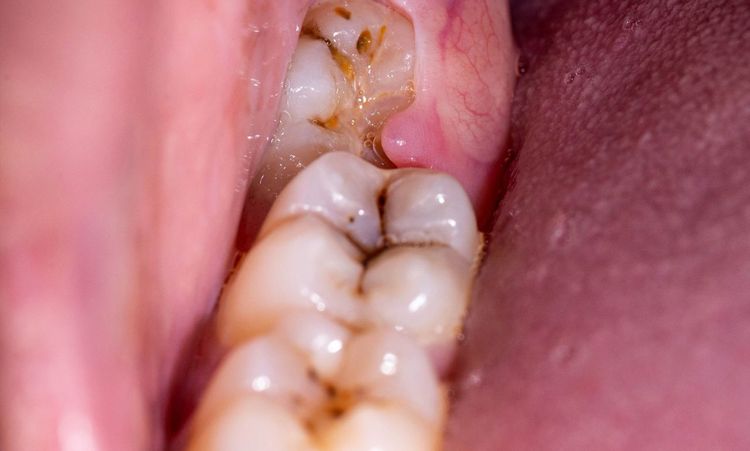Have you ever experienced that unsettling sensation of throbbing in your upper gums. It can be disconcerting, especially when you're not sure if it’s a minor issue or something that warrants a trip to the dentist. Oral health is often overlooked, yet it plays a crucial role in our overall well-being. With busy lives and a plethora of health information available at our fingertips, it’s easy to dismiss dental discomfort as a passing annoyance. However, understanding the underlying causes of gum pain can be key to preventing more serious issues down the line. In this article, we will explore the common reasons for throbbing upper gums and provide practical tips to help you address these concerns effectively.
Bruxism
Over time, this extra pressure can lead to sore, inflamed gums and even tooth damage. If you wake up with a tight jaw or headaches, bruxism might be blamed. Talk with your dentist about a custom night guard to protect those pearly whites and give your gums a break.
Sinus Problems
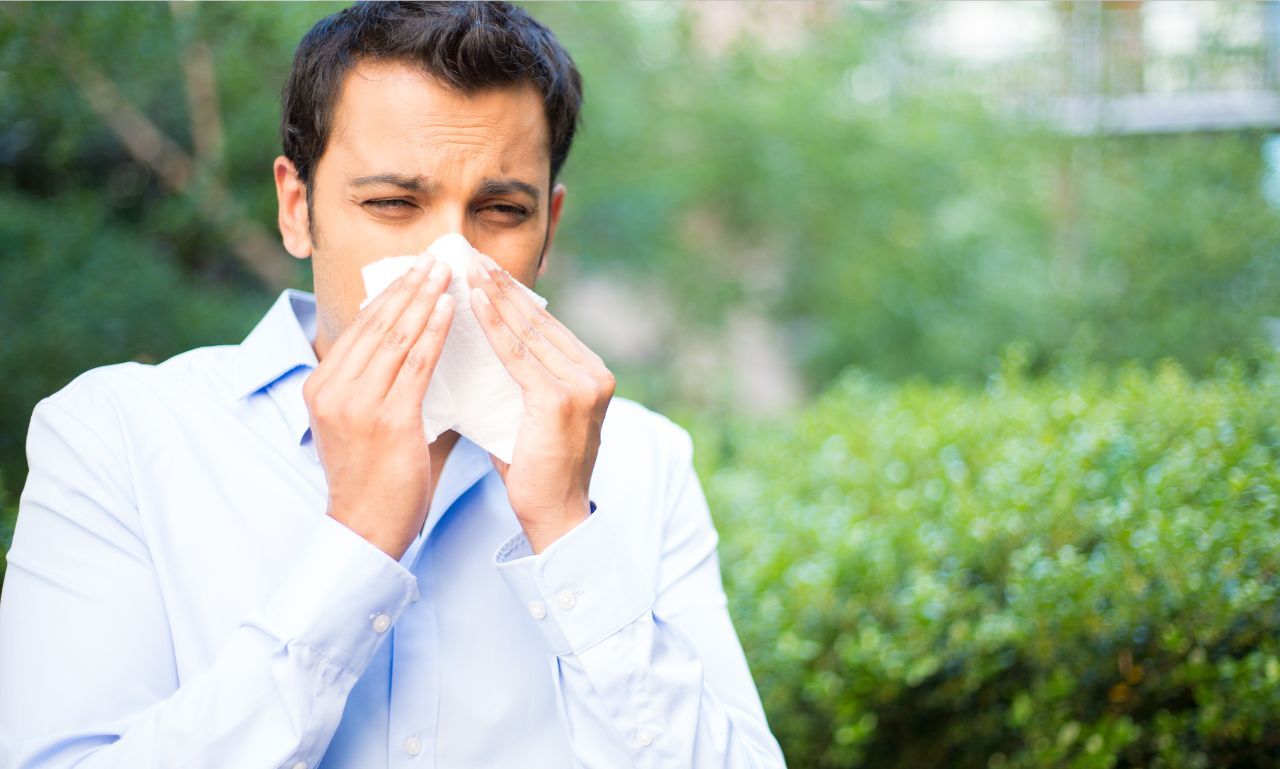
When allergies or infections cause sinus inflammation, you might feel that throbbing sensation in your upper gums, too. As your sinuses swell, they can pressure the roots of your upper teeth, leading to discomfort. It's time to break out the humidifier and saline spray to calm those sinuses!
Dental Infections
Here are a few key conditions to watch out for:
- Gum Inflammation: Irritated, swollen gums can cause that throbbing sensation. Keep an eye out for redness, tenderness, and bleeding when you brush.
- Periodontitis: This advanced form of gum disease occurs when bacteria-filled plaque builds up below the gum line. Left untreated, it can lead to throbbing gums, bone loss, and even tooth loss.
- Tooth Infections: An abscessed or infected tooth can cause severe pain that radiates to the gums. You might notice swelling, sensitivity to hot and cold, and a persistent throbbing sensation.
- Tooth Sensitivity: Sometimes, exposed roots or worn enamel can leave your teeth feeling extra sensitive, manifesting as throbbing gums.
If any of these sound familiar, it's time to schedule a dental check-up. Your dentist can help identify the underlying issue and create a treatment plan to get your gums back on track.
What Are The Best Ways To Treat Throbbing Gums?
While professional dental care is key for addressing serious gum concerns, there are plenty of simple strategies you can try at home to soothe throbbing gums and promote healing. Here are a few tips:
Manage Gum Inflammation
If your gums are feeling swollen and tender, try gently massaging them with a clean finger or a soft-bristled toothbrush. Rinse with a warm saltwater solution to help reduce inflammation and promote healing.
Mix 1/2 teaspoon of salt into a cup of warm water and swish it around your mouth for 30 seconds before spitting it out. Repeat a few times a day for best results!
Manage Sinus Issues
When sinus pressure is the culprit behind your throbbing gums, focus on relieving that congestion. Apply a warm compress to your face, use a saline nasal spray, or try steam inhalation to help open up those airways.
Over-the-counter decongestants and pain relievers can also provide short-term relief. Just be sure to follow the package instructions carefully.
Maintain Proper Oral Hygiene

Brush your teeth gently twice a day with a soft-bristled brush and fluoride toothpaste. Don't forget to floss daily to remove plaque and debris from between your teeth and along the gum line.
I know it can be tempting to skip these steps when your gums are sore, but trust me - consistent, gentle care is key for keeping your gums healthy and pain-free.
Oral Rinses and Pain Relief
Look for products that contain ingredients like chlorhexidine, which can help control plaque and gingivitis. If you're dealing with intense pain, over-the-counter pain relievers like ibuprofen or acetaminophen can help take the edge off while you work on addressing the underlying issue.
Bruxism Management
If teeth grinding is triggering your gum discomfort, it's essential to break the habit. In addition to using a night guard, try practising relaxation techniques before bed, like deep breathing or progressive muscle relaxation. Regular exercise, limiting caffeine intake, and managing stress can also help reduce bruxism symptoms over time. Your dentist may have additional suggestions based on your specific case.
Why do my gums feel like they are pulsating?
If you're experiencing a pulsating sensation in your gums, it could be a sign of an underlying dental or medical issue. This throbbing feeling is often caused by inflammation, infection, or increased blood flow to the gum tissue.
Some common culprits include gum disease, tooth abscesses, sinus infections, and even bruxism (teeth grinding). It's essential to pay attention to any additional symptoms, like swelling, redness, or sensitivity, as these can provide clues about the root cause.
Why are my gums throbbing but no tooth pain?
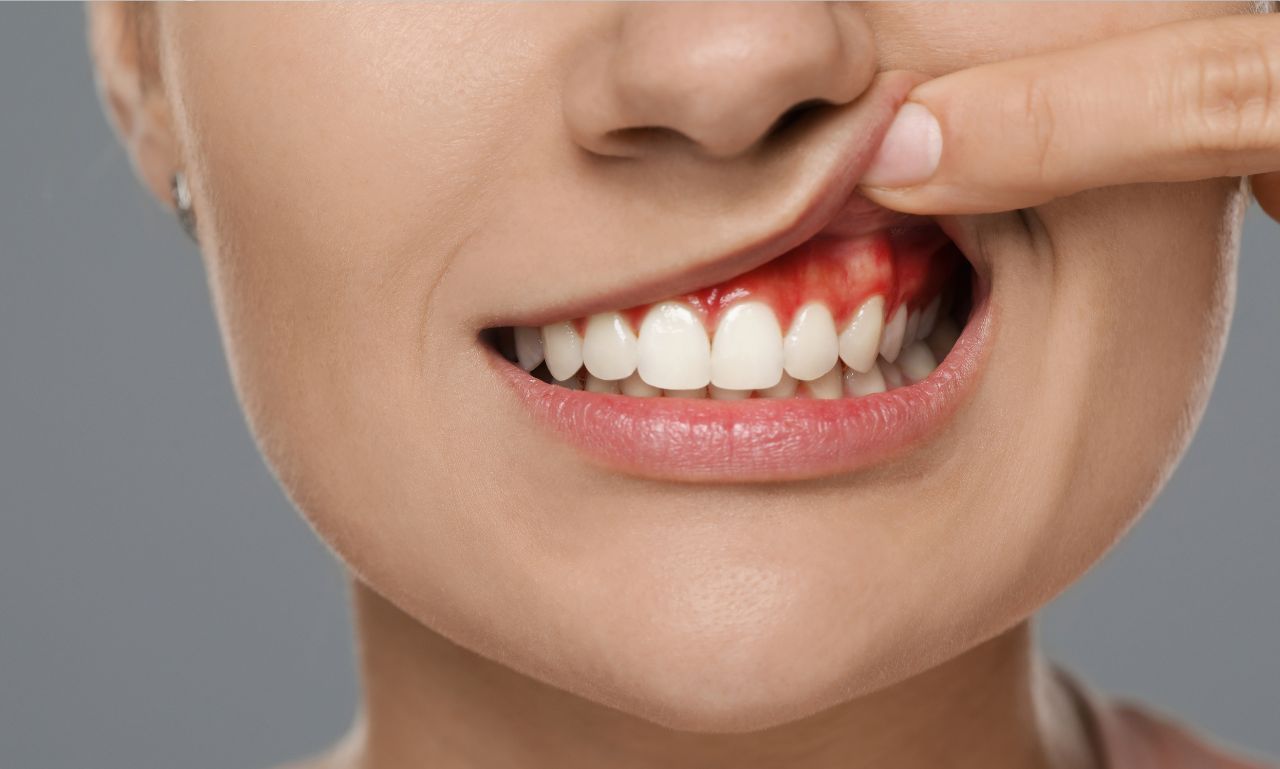
While tooth pain often accompanies throbbing gums, it's not always present. In some cases, gum inflammation or infection can develop without directly affecting the teeth.
Conditions like gingivitis, the early stage of gum disease, can cause gum swelling and discomfort without triggering tooth pain. Hormonal changes, certain medications, and even vitamin deficiencies can also lead to gum sensitivity and throbbing.
However, it's important to remember that gum health is closely linked to tooth health. Left untreated, gum issues can progress and start to impact the surrounding teeth and bone. If you're experiencing persistent gum discomfort, even without tooth pain, it's best to check in with your dentist for guidance.
Conclusion
From helpful home remedies to professional dental interventions, there are plenty of strategies to help soothe your gums and get you back to smiling with confidence. Remember, your oral health is a journey, and everyone's needs are different. Please work with your dentist to create a personalized plan that keeps your gums feeling their best. With a little TLC and some healthy habits, you'll be saying goodbye to throbbing gums in no time!
Also Read: Why Do My Teeth Keep Breaking?
